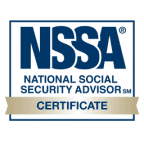Qualifying for Medicare is probably the easiest part of Medicare. Under the federally funded program, Medicare is health insurance made available to all people over the age of 65 and people with disabilities or permanent kidney failure. Medicare has four Parts – A, B, C, and D. Part A is usually provided at no cost to beneficiaries, while the other three parts are available with premium payments.
Who is Eligible
To receive Medicare, you must be over the age of 65, and you or your spouse must have paid into Medicare (i.e. been employed) for at least 10 years. If you fit these minimum criteria, you are eligible to receive Medicare part A without paying any premium. Put most simply, Medicare Part A is hospital insurance. This generally includes inpatient care in hospitals, skilled nursing facilities, hospice care, and home healthcare. You could also receive Medicare Part A without paying a premium if you are receiving retirement benefits from Social Security or the Railroad Retirement Board; are eligible to receive benefits but have not yet filed; or if you or your spouse were employed by a Medicare-covered government employer.
If you are under the age of 65, you may still be entitled to receive Medicare benefits premium-free. To do so, you must have been receiving Social Security benefits or Railroad benefits for two years, or you must be a kidney transplant patient, or you are currently undergoing dialysis treatments. Additionally, if you or your spouse did not pay Medicare taxes while you were employed, you can still purchase benefits. However, the same age restrictions apply, and you must be an American citizen or permanent resident to receive benefits.
When Should I Apply for Medicare?
If you are receiving benefits either from Social Security, Social Security disability, or the Railroad Board, you will be automatically enrolled in Medicare Parts A and B upon turning 65. Though it is important to note that you will have the right to refuse Medicare Part B coverage because its premium is deducted directly from your monthly Social Security check.
If you are 65, or soon to be 65 and not receiving any benefits, then the government expects you to know when to sign up for Medicare. In this case, you will have to file an application with Medicare.
You have a seven-month window – called your Initial Enrollment Period – to sign up for Parts A and B if you choose not to automatically enroll, or you are not eligible for automatic enrollment. The Initial Enrollment Period begins three months before your 65th birthday. Again, if at this time you are not already receiving benefits, you are responsible for contacting Medicare. Even if you are not planning on retiring at 65, you can still sign up. While you can delay enrolling in Part B, you may be subject to a penalty – in the form of higher monthly premiums – if you decide to enroll in Part B later.
Remember, Medicare is available to all people over the age of 65, those under 65 who are receiving Social Security disability, or those living with kidney failure. You will be automatically enrolled in Medicare Part A and Part B if you are already receiving benefits, but you can opt-out of Part B should you choose.

Medicare As Your Primary Coverage
Should Medicare be your primary health coverage, be sure to enroll in the program in the 3 months before your 65th birthday. This way, your Medicare will start on the first day of the month in which you turn 65.
However, if you choose to register for Medicare in the 3 months after your 65th birthday, then your start date will be later. This is an important point because you could wind up going without health coverage for a couple of months. Please note that your application date affects your start date.
Medicare Eligibility if You Still Have Employee Coverage
If you are leaving your employer healthcare coverage in the middle of your Initial Enrollment Period, then your Initial Enrollment Period trumps any other election period. Many people believe that their Medicare coverage will kick in immediately after their group coverage ends, but this is not the case. Enrolling in Medicare early will ensure that you don’t have any lapse in coverage.
Again, you can be subject to penalties if you have no other coverage and fail to enroll in Medicare Part B during your Initial Enrollment Period. The Part B penalty is a 10% charge for every full 12-month period that you are not enrolled in.
If your group plan is a small employer plan (less than 20 employees), then you should still enroll in both Medicare Parts A and Bt during your initial enrollment period. In this situation, Medicare will serve as your primary health insurance. If you work for a small employer, then enrolling in Medicare is extremely important.
On the flip side of the coin, if you are covered by a large employer plan (20+ employees) and still working, Medicare can serve as your secondary healthcare coverage.
In this case, you can choose whether or not you want to enroll in Part B or delay enrollment for later. Group plans typically cover outpatient benefits, so delaying Part B enrollment can save you money until you retire.
Applying for Medicare
You can choose to apply for Medicare either online, over the phone, or even in person. In most cases, you should receive your Medicare card roughly 3 weeks after applying. And, luckily, you only have to apply for Medicare one time.
We understand that Medicare can be confusing. The program has multiple parts, enrollment periods that aren’t always clear, and even rules based upon how big your employer is. Luckily, our team of licensed Medicare experts are here to help you enroll in Medicare at the right time to ensure that you never face a lapse in coverage or late-enrollment penalties.
Our services are free to use, so please call us today.








